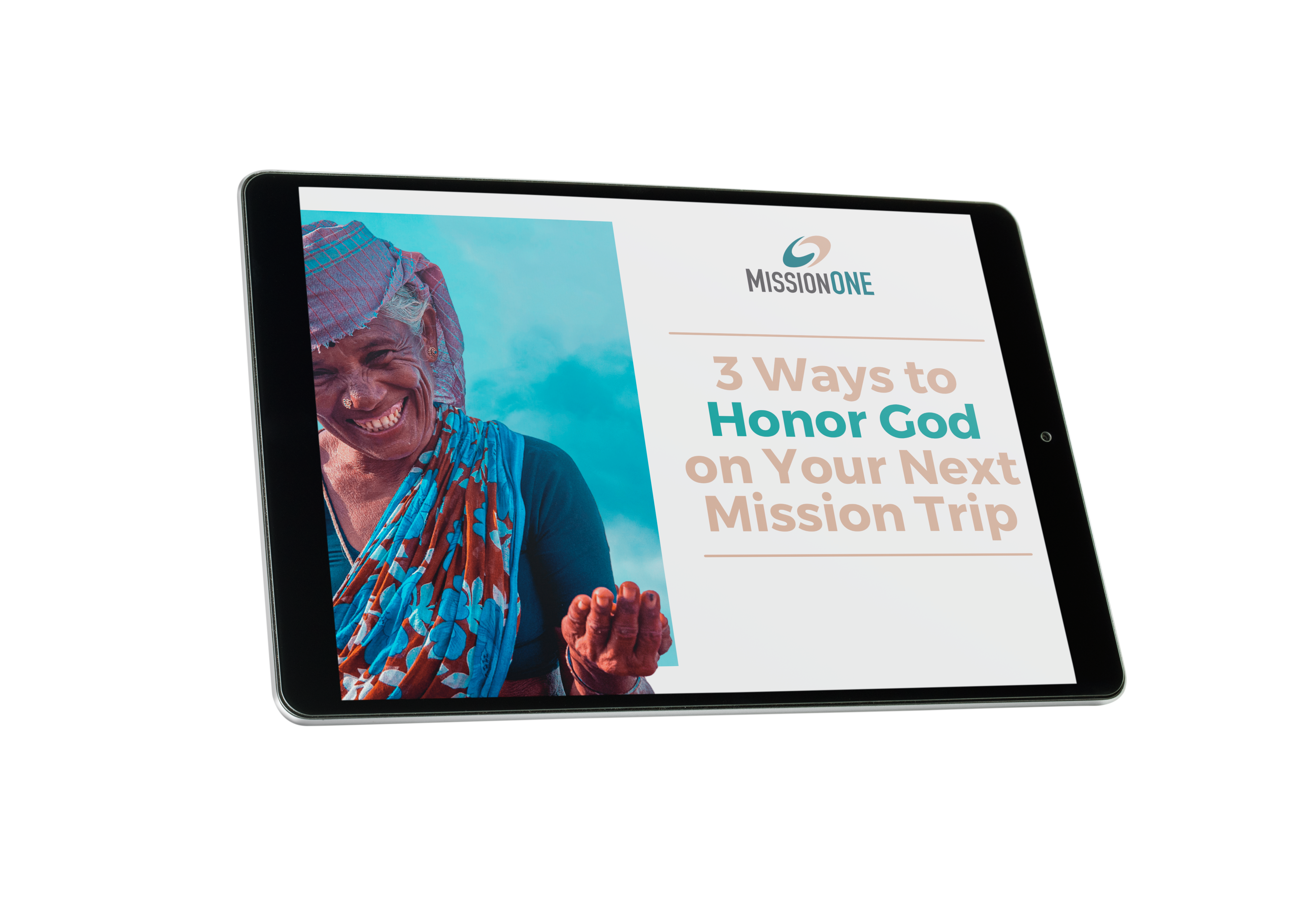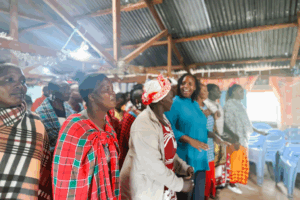In communities facing constant instability, the way forward isn’t always clear—but faithful relationships and long-term investment make all the difference. At Mission ONE, we’ve been walking alongside same or near culture missionaries since 1991, learning that lasting transformation happens when the gospel intersects with deep trust and adaptability.
Learning from Pastor Pious
Pastor Pious serves in South Sudan, a country where economic hardship, conflict, and displacement are daily realities. Over recent years, he has opened his home to more than 40 people—and at times up to 60—who had nowhere else to turn. Families fleeing violence without even the resources to find their next meal have all found refuge in his care.
Through our 30+ years of partnership with local leaders in South Sudan, we’ve learned that true ministry in places of constant turmoil requires flexibility, courage, and compassion. Immediate relief—food, clothing, and supplies—is critical, yes. But even more vital is walking alongside people in the long term, offering hope, stability, and the invitation of community in the local church.
Relief as Part of the Bigger Picture
When the war in Sudan broke out in 2023, thousands fled to South Sudan in search of safety. Thanks to the trust built over years with local missionaries like Pastor Pious, Mission ONE was able to step in quickly, empowering him to provide critical aid. Because Pastor Pious is a trusted community leader, these efforts didn’t just meet immediate needs—they opened doors for deeper relationship-building, prayer, and sharing the hope of Christ.
What We’re Learning
Our experience with Pastor Pious reminds us that relief is not the destination—it is a step in the journey of transformation. When we invest in leaders already embedded in their communities, we can respond to crises both urgently and intentionally. These relationships allow communities to experience not just short-term aid, but lasting hope through the gospel and the support of the local church.
This experience reinforces an important truth. At Mission ONE, our ultimate goal is to see more people transformed by the gospel. However, there’s no one-size-fits-all approach to ministry—each community has unique needs and opportunities. Whether through economic development, vocational skills training, education, healthcare, or providing relief in times of crisis, our philosophy remains the same. By equipping and supporting missionaries on the ground, we can meet real needs, plant churches where there are none, break cycles of poverty, and see the gospel take root in ways that are sustainable and transformative.
South Sudan Today
Today, South Sudan continues to face immense challenges. Pastor Pious recently shared that thousands of South Sudanese refugees are leaving one of Kenya’s largest refugee camps after international aid was reduced. With no other options, many are returning to their home country—a place already strained by conflict, economic collapse, and scarce resources.
Families in Pastor Pious’ village selling their possessions to prepare to support their family members returning home.
Pastor Pious and his church remain steadfast. By opening his home and heart, he models resilience, faith, and servant leadership in a place where stability is rare. Mission ONE’s role is to walk alongside him—equipping and resourcing the work God is already doing through his hands.
“They see pastors as the source of help especially in such a horrible situation.” –Pastor Pious
We’re grateful to the Mission ONE community whose faithful giving enables relief and long-term ministry like this. If you would like to stand with South Sudan alongside Pastor Pious, your support can provide food, resources, and hope to families who have nowhere else to turn.
Because lasting transformation happens not only in moments of crisis, but when trust, relationships, and the local church come together to point communities toward the Kingdom of God.
Search the Blog
Free Resource

3 Ways to Honor God on Your Next Mission Trip
We're sharing three things you should consider before you organize or participate in an international mission trip, seek to do work in the multicultural neighborhood in your own city, or embark on any cross-cultural partnership.

